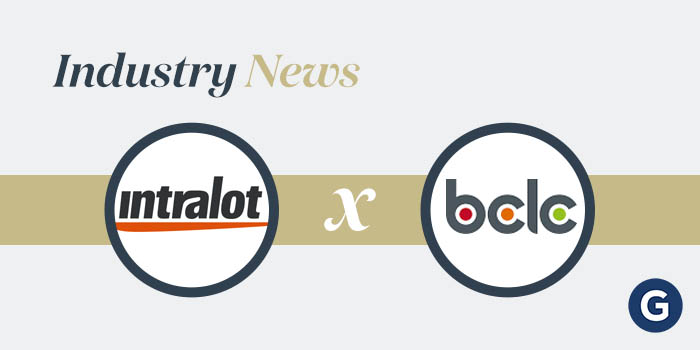Illinois, 3 More States Possibly Ready for Online Gambling

This year’s East Coast Gaming Congress saw experts and operators in the gaming field gathering to discuss the current state and future of the industry for the 25th time in this well-respected format. Among the most important topics across the different panels throughout the event was, of course, online gambling.
Four States Primed for iGaming
Online gambling or iGaming is not strictly a hot topic just during events like this year’s East Coast Gaming Congress & NexGen Gaming Forum or ECGC for short, which took place September 21 through 23, 2022 at Hard Rock Hotel & Casino in Atlantic City, New Jersey. Experts, operators, and analysts gathered to discuss “all critical issues” in the industry, which were all addressed within this single event, leaving a lot to be unpacked even after its completion. Focusing on iGaming, however, the ECGC mentioned four states that show the proper indication about being ready to have online gaming introduced. These were New York, Iowa, Indiana, and Illinois.
Illinois already has sports betting legalized, as well as marijuana, and the state already has a good idea of what to expect in terms of revenue tax income when an entirely new industry is being incorporated into the State. Taking into account how iGaming has developed in the other six states that have it, namely, New Jersey, Michigan, Connecticut, Pennsylvania, West Virginia, and Delaware, as well as how the sports gaming and casino industries have been developing, estimates for expected tax revenue from iGaming settle around the $250-300 million per year mark.
With increased tax gambling revenue, however, comes also a need to increase spending on problem gambling awareness information campaigns, education, and last but certainly not least – active help for those affected. As such, without a clear structure on how all these new gambling-related health programs and establishments might come to fruition, there are still those that are skeptical on the more moderate end of the spectrum, all the way to some who downright oppose it on the extreme end.
iGaming Slow Rollout Discussion
While most analysts and industry specialists agree that iGaming is an industry full of prospects, it’s interesting to note that for the three and a half years since the overturn of the Professional and Amateur Sports Protection Act in 2018, the iGaming industry has seen a relatively slow rollout, compared to sports betting. There are now thirty states that offer it, with 21 offering placing digital bets through betting apps, for instance. In contrast, only six states have launched online gambling since 2013, which is indeed peculiar.
A separate panel during the ECGC event focused on discussing just that, and the situation is very complex, as expected. On the one hand, some analysts focus on the potential for harming already established casinos by reducing their wallet share in consumers’ budgets. This opens up the conversation about the different implementation models, and while there are indeed options that take this into account, such as the hybrid model, they sometimes come with their own drawbacks as well. On the other, there is the question of legislative infrastructure – regulators have to come up with solutions that are tailored to the state’s needs, so there’s almost no place for a one-size-fits-all type of solution.
At any rate, the iGaming industry has proven to be well worth the effort, and the existing infrastructure of online and mobile sports betting is already a sufficient head-start. States such as New Jersey are the perfect example of the synergies that the classic casino, sports betting, and gaming industries stand to offer. In-person casino gaming is extremely popular during tourist peaks, and iGaming has shown it has the potential to pick up the slack in situations when in situ operations aren’t possible or viable. Sports gambling, on its end, would see upticks during sports seasons, such as the NFL, for example.
This means the state would not only be receiving increased tax revenue from gambling, but by incorporating multiple industries catering to bettors, this also improves revenue predictability and security. Michigan and New Jersey are often together in the conversation when following top revenue figures and tax income from gambling. Michigan’s 1H2022 results point out that even after a three-month slide, the industry is still capable of recovery. New Jersey’s industry results from August also looked promising, with the Year-to-date back then sitting at $1.61 billion which made for an uptick of 16% compared to 2021’s $1.39 billion.
This is still down if we look at pre-pandemic levels, which were around $1.925 billion for 2019. However, updated information indicated the industry is still on track to fully recovering and even surpassing its pre-pandemic success. The lifetime figures for Michigan and New Jersey for 2021 state the online casino revenue was around $1 billion for Michigan and over $1.3 billion for New Jersey, which is big potential tax revenue for any state.
Kyamil is a big tech fan, who loves hummus on everything and has enjoyed writing from a young age. From essays, through personal art, to news pieces and more serious tech analysis. In recent years he’s found fintech and gambling collide with all his interests, so he truly shares our core passion for the entire gambling scene and furthering the education of the mass citizen on these topics.















